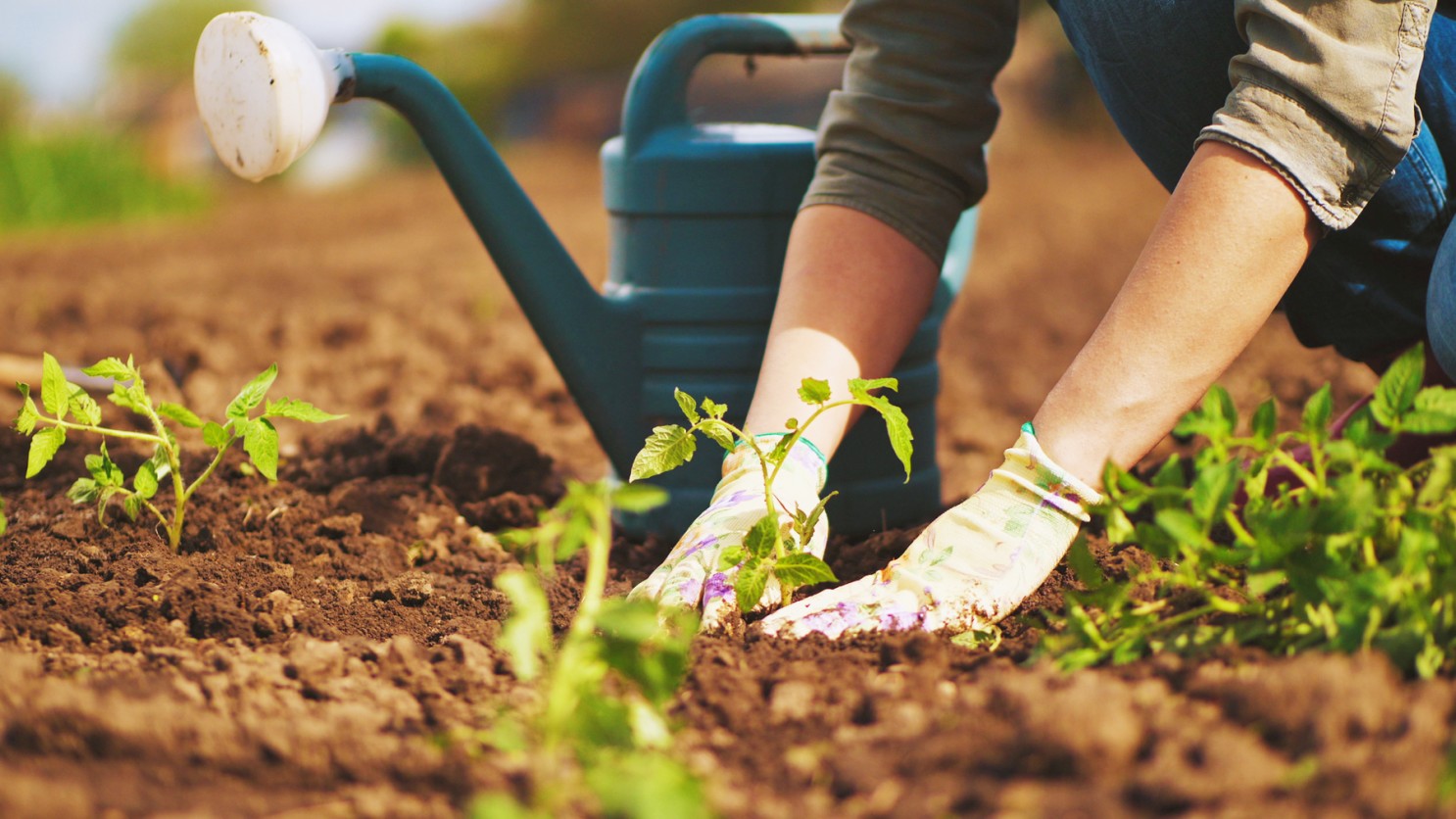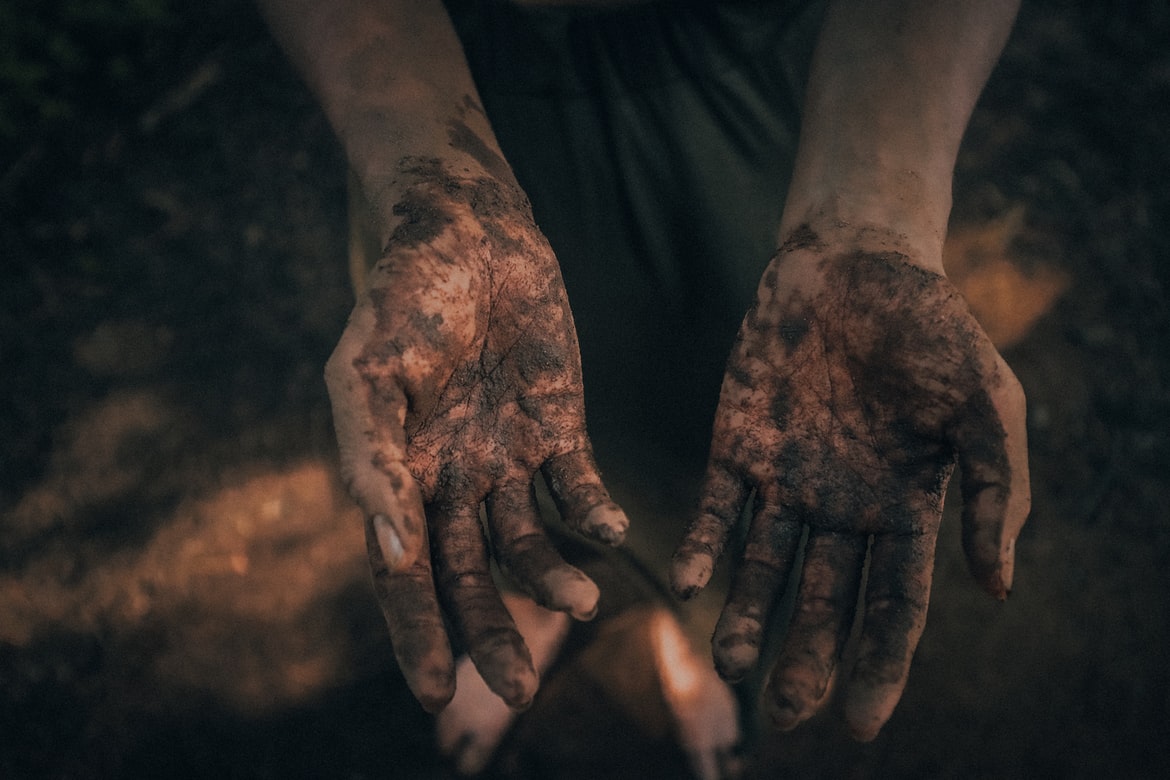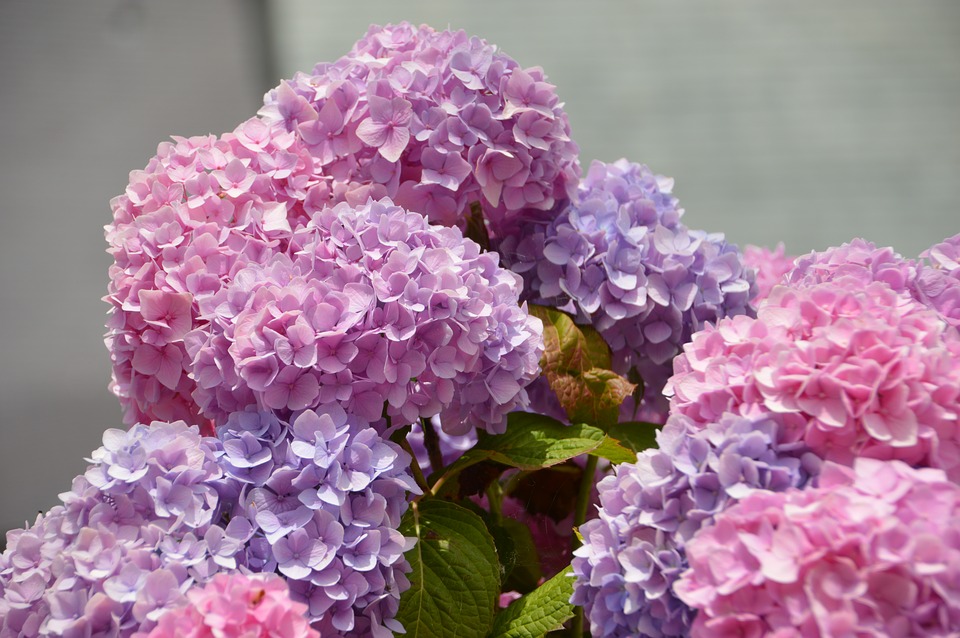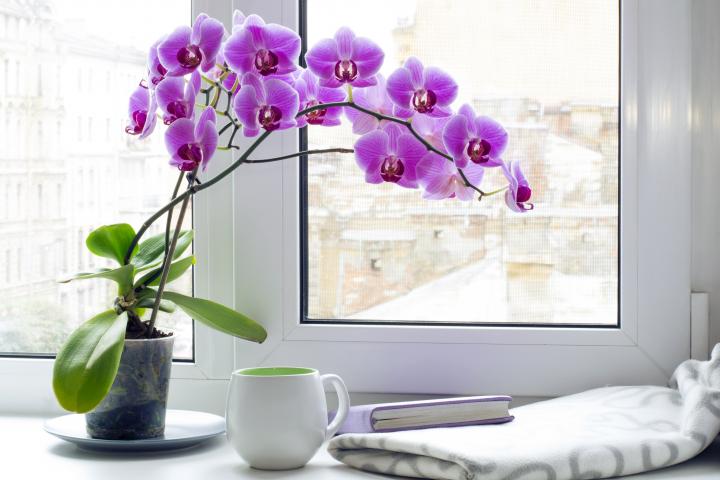Your garden needs to be maintained throughout the season; otherwise, you can lose everything you have planted. Maintenance is essential as it will allow your garden to thrive. Beginners think garden maintenance is boring, but remember that weeding and watering are experienced gardeners’ favorite parts.
It is important to maintain the garden for it to look better, cleaner, and safer as there will be no pests or garden materials lying around. It can also save you money because if a garden gets out of control, you usually have to call a professional to fix it.
In this article, we have listed some gardening tips that make maintenance easy and effective.
Weeding

Weeds are plants that develop in our garden without having been actively planted. They have their importance in the natural landscape, but they can crowd out the plants we have planted if left unchecked. Some weeds can smother and kill plants, so it is important to keep them under control.
To keep weeding from becoming too strenuous, I recommend that you do maintenance frequently so that it doesn’t get out of control. You can scrape out the weeds with a garden hoe or dig up the roots with a weeding trowel or garden fork to ensure they don’t grow back. Another way to get rid of weeds in the garden is to apply mulch to the soil.
Mulching
Mulch is made from wood chips, pine straw, moss, grass clippings, or leaves. Mulch has many advantages: it keeps moisture in the plants, prevents weeding, and certain types of mulch are organic, so they add nutrients to the soil. Wood chips and bark are mostly used for flower gardens, while straw, grass clippings, and leaves are best for vegetable gardens.
Watering

I have included watering in the maintenance list, but it is usually one of the most important things. For now, you should know that each plant has its own needs, and I would recommend you to plant plants with similar needs nearby so that it is not a problem for you to water them.
Imagine growing a plant that needs a lot of water next to a plant that doesn’t need much. You have to be careful not to drown one or deprive the other of water, which is difficult to balance and requires extra effort. Don’t forget that you are feeding the plant with water because that is one of the most important needs of a plant, so you need to water the soil and not the leaves. It is through the soil that the plant absorbs the water it needs.
Pest Prevention
Pests are another nuisance you need to be aware of in your garden. You need to carry out regular checks because it is easier to treat the problem when it is still minor, just like with weeds. However, if you find that the pests are spreading too much, you can read our tips and tricks for eliminating pests in the garden in an organic way or call a garden expert.
Fertilizing
It is best to add compost to your garden in spring or autumn to prepare your soil for the gardening season. Find out about the plants in your garden to determine if they are “heavy growers” or not. This will allow you to add compost appropriately.
Maintenance is often thought of as hard work, but it only gets hard when it piles up. Remember that these little things will breathe life into your garden. Let us know in the comments if you’ve been doing your garden maintenance as you should lately…






1 Comment
[…] can be a tough time for gardeners; losing their plants and one of their favourite hobbies is not fun. How about I tell you that there […]